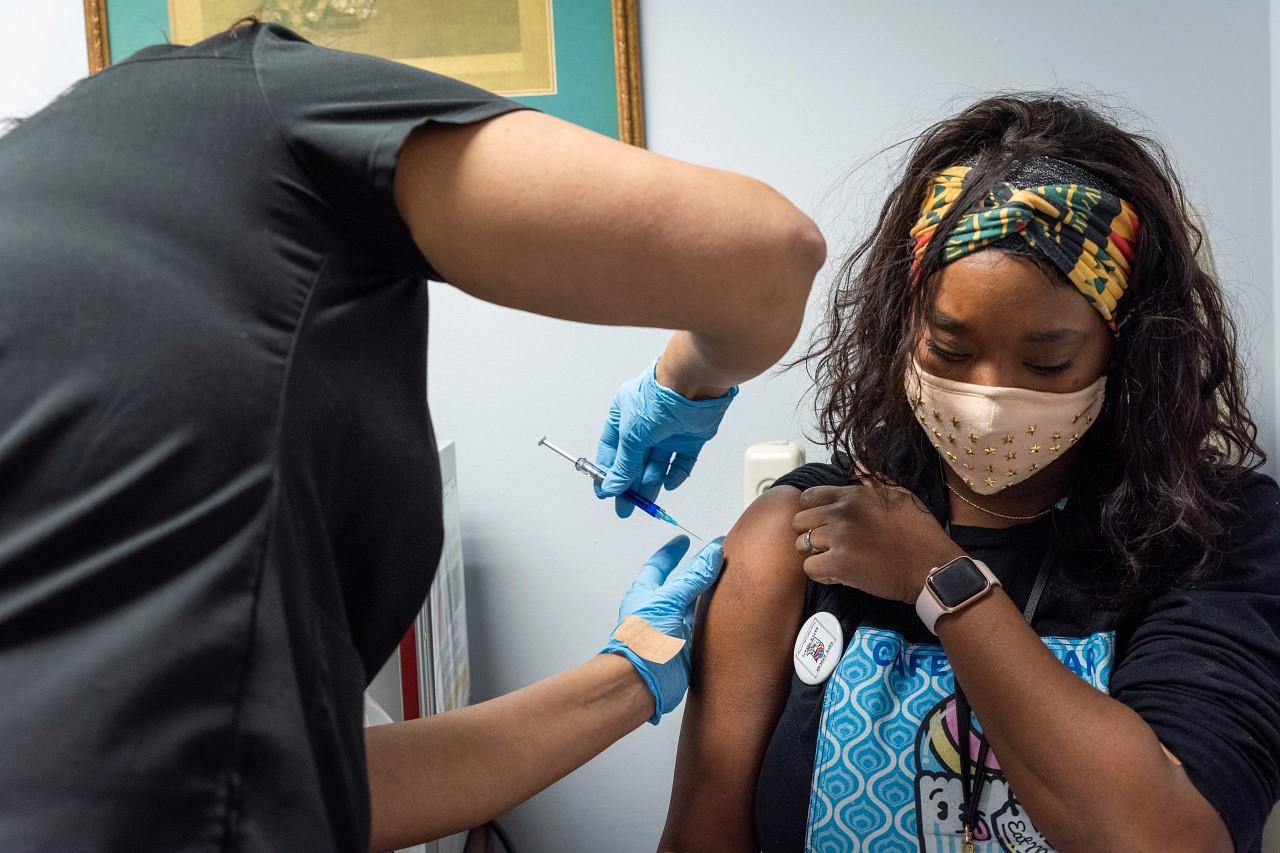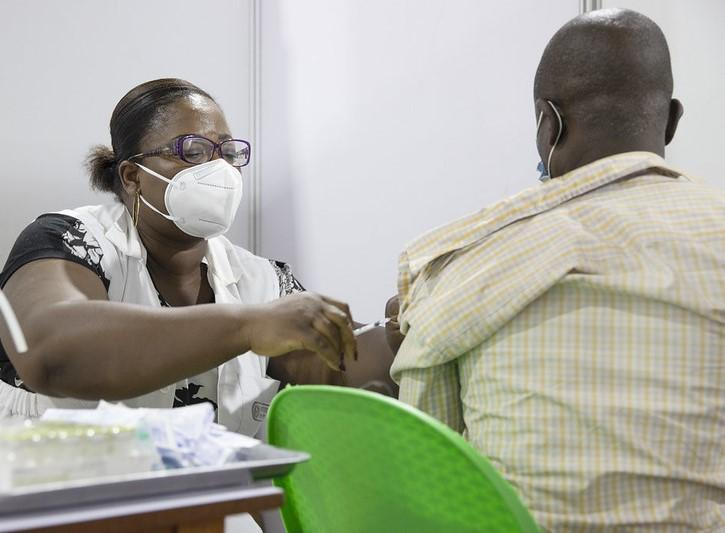An analysis of the Novavax COVID-19 vaccine using clinical and real-world data found that the benefits outweighed the risk of myocarditis or pericarditis, a team from the company reported in the March 16 edition of Vaccine.

Rare cases of myocarditis and pericarditis have been reported with the Novavax vaccine, similar to those reported with the mRNA vaccines. The adjuvanted protein-based vaccine, which is made on a more traditional platform, entered the US market in the fall of 2023 and has been authorized for emergency use in a two-dose series or as a booster in 45 countries.
For their analysis, the group used data from three sources: Novavax phase 3 clinical trials, estimates on US COVID disease burden between January and March of 2023, and real-world data on mRNA vaccine effectiveness in early 2023.
More than 1,800 cases prevented per 100,000 vaccinees
They estimated the vaccine prevented 1,805 COVID cases among 100,000 Novavax recipients, with 5.3 excess myocarditis or pericarditis hospitalizations and deaths. The number of hospitalizations and deaths prevented by the vaccine were also greater than vaccine-linked hospitalizations or deaths due to myocarditis or pericarditis.
Using a different sensitivity analysis that factored in lower vaccine efficacy, the number of prevented COVID cases was still greater than excess myocarditis and pericarditis events, including hospitalizations and deaths.
In the Novavax studies, there were five cases of myocarditis or pericarditis, including two that occurred within 7 days of vaccination. The two cases that occurred within a week of immunization were both reported in males. "Further work is needed to understand the benefit–risk balance for this demographic group," they wrote.












